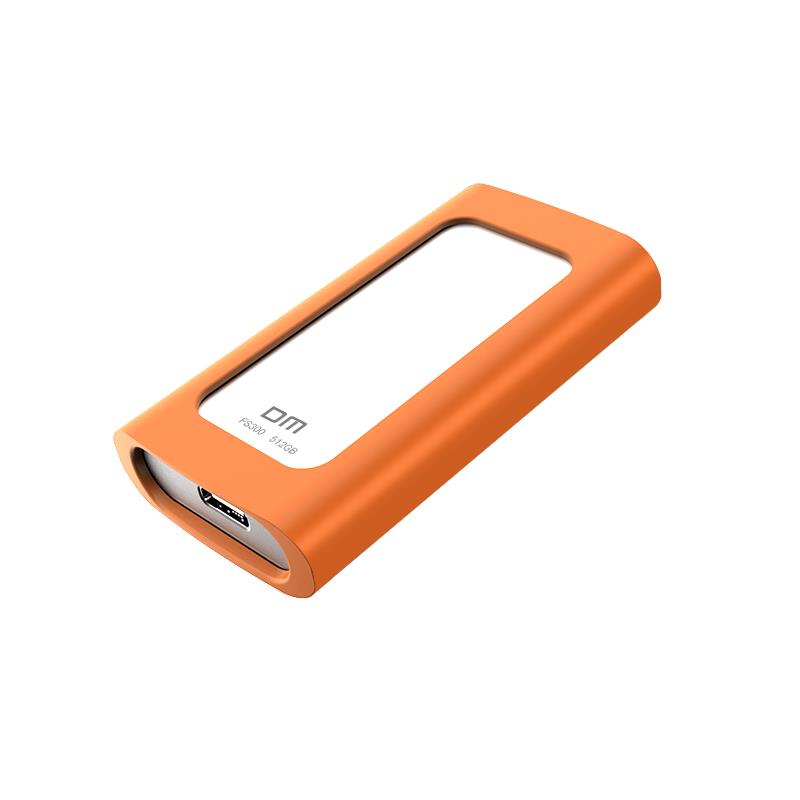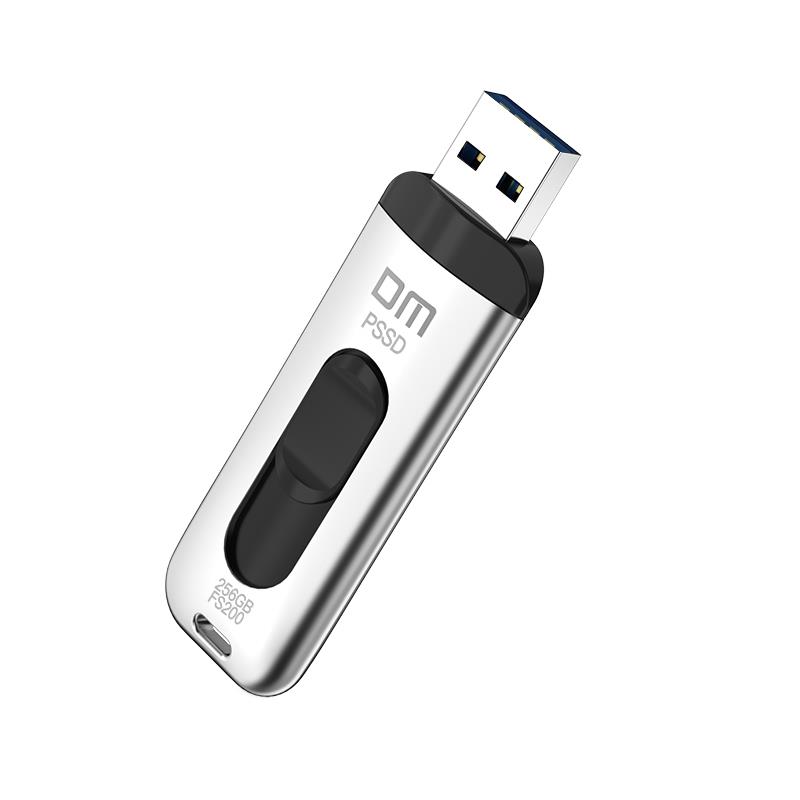Until just a few years ago, PC buyers had little choice about what kind of storage to get in a laptop or desktop PC. If you bought an ultraportableanytime in the last few years, you very likely got a solid-state drive (SSD) as the primary boot drive. Larger laptops are increasingly moving to SSD boot drives, too, while budget machines still tend to favor hard disk drives (HDDs). The boot drives in desktop PCs, meanwhile, are a mishmosh of SSDs or HDDs; in some cases, a system comes with both, with the SSD as the boot drive and the HDD as a bigger-capacity storage supplement.
If you have to pick just one, though, how do you choose? Let's get into the differences between SSDs and HDDs, and walk you through the advantages and disadvantages of each to help you decide.
HDD and SSD Explained
The traditional spinning hard drive is the basic non-volatile storage on a computer. That is, information on it doesn't "go away" when you turn off the system, unlike data stored in RAM. A hard drive is essentially a metal platter with a magnetic coating that stores your data, whether weather reports from the last century, a high-definition copy of the original Star Wars trilogy, or your digital music collection. A read/write head on an arm accesses the data while the platters are spinning.
An SSD does functionally everything a hard drive does, but data is instead stored on interconnected flash-memory chips that retain the data even when there's no power present. These flash chips are of a different type than the kind used in USB thumb drives, and are typically faster and more reliable. SSDs are consequently more expensive than USB thumb drives of the same capacities. Like thumb drives, though, they're often much smaller than HDDs and therefore offer manufacturers more flexibility in designing a PC. While they can take the place of traditional 2.5-inch or 3.5-inch hard drive bays, they can also be installed in a PCI Express expansion slot or even be mounted directly on the motherboard, a configuration that's now common in high-end laptops and all-in-ones. (These board-mounted SSDs use a form factor known as M.2. See our picks for the best M.2 SSDs.)
Note: We'll be talking primarily about internal drives in this story, but almost everything applies to external hard drives as well. External drives come in both large desktop and compact portable form factors, and SSDs are gradually becoming a larger part of the external market.
The Right Storage for You
So, does an SSD or HDD (or a hybrid of the two) fit your needs? Let's break it down:
HDDs
• Enthusiast multimedia users and heavy downloaders: Video collectors need space, and you can only get to 4TB of space cheaply with hard drives.
• Budget buyers: Ditto. Plenty of cheap space. SSDs are too expensive for buyers of $500 PCs.
• Graphic arts and engineering professionals: Video and photo editors wear out storage by overuse. Replacing a 1TB hard drive will be cheaper than replacing a 500GB SSD.
• General users: These folks are a toss-up. Users who prefer to download their media files locally will still need a hard drive with more capacity. But if you mostly stream your music and videos online, buying a smaller SSD for the same money will give you a better experience.
Western Digital Black 3D NVMe M.2 SSD
SSDs
• Road warriors: People who shove their laptops into their bags indiscriminately will want the extra security of an SSD. That laptop may not be fully asleep when you violently shut it to catch your next flight. This also includes folks who work in the field, like utility workers and university researchers.
• Speed demons: If you need things done now, spend the extra bucks on SSD for quick boot-ups and app launches. Supplement with a storage SSD or hard drive if you need extra space (see below).
• Graphic arts and engineering professionals: Yes, we know we said they need hard drives, but the speed of an SSD may make the difference between completing two proposals for your client and completing five. These users are prime candidates for dual-drive systems (more on that below).
• Audio engineers and musicians: If you're recording music, you don't want the scratchy sound from a hard drive intruding. Go for quieter SSDs.

